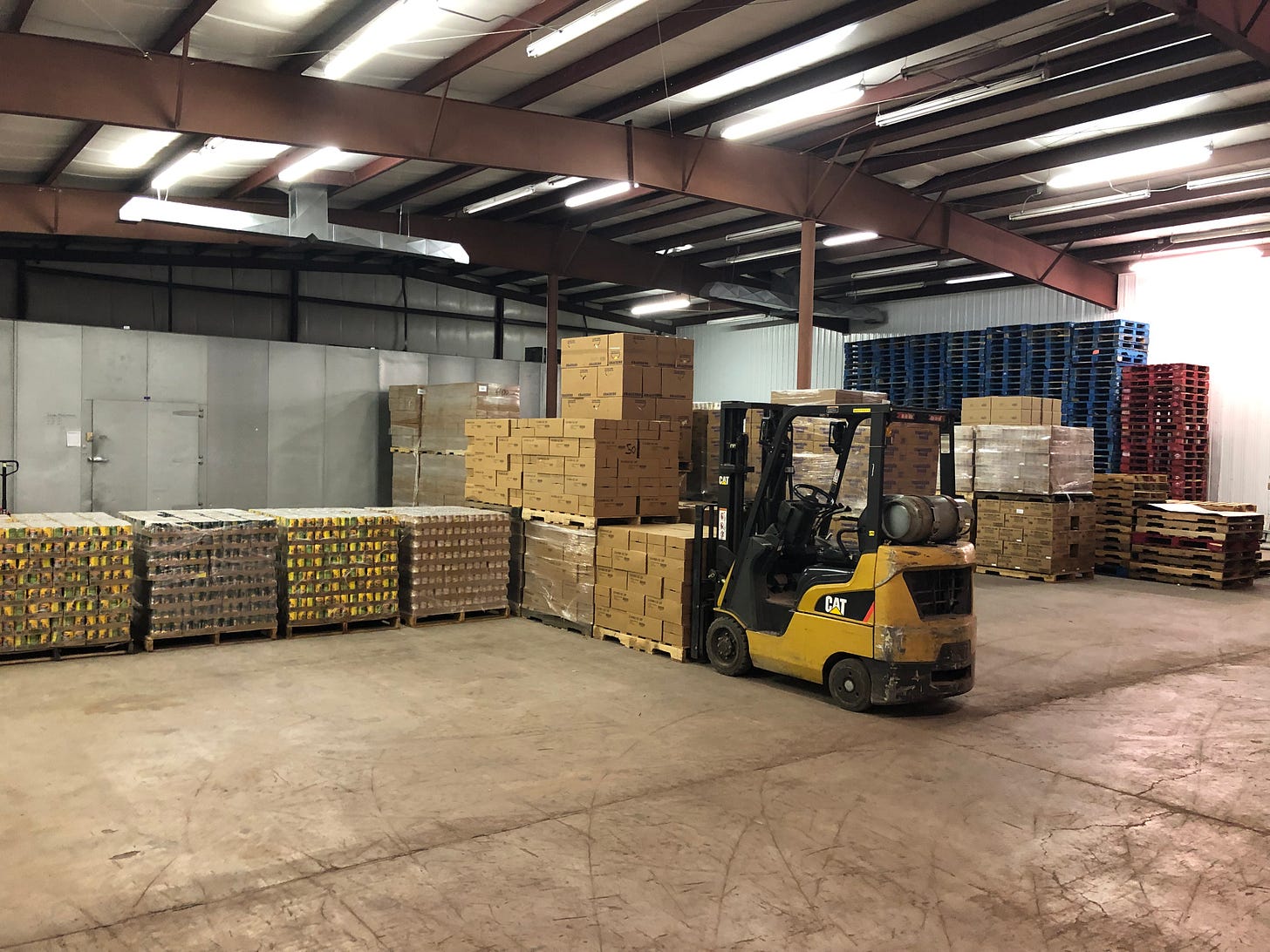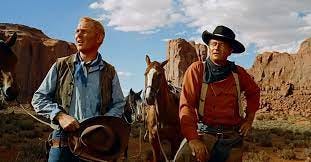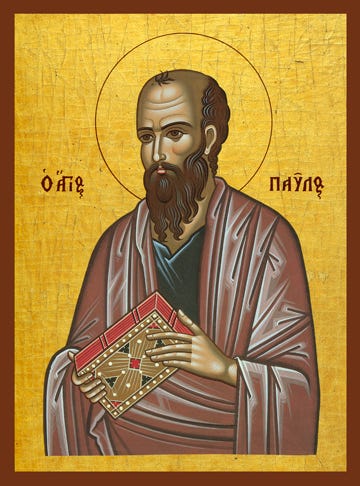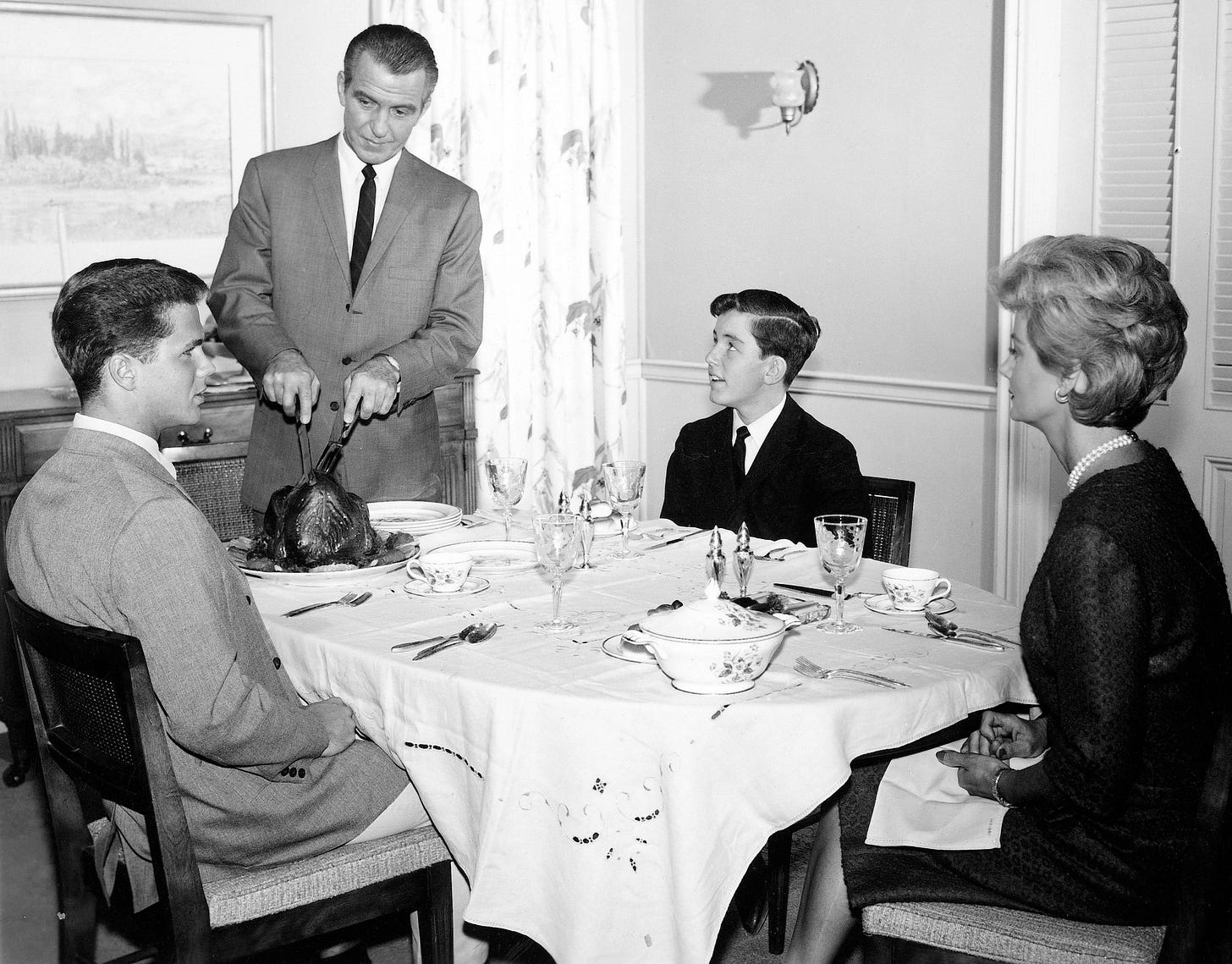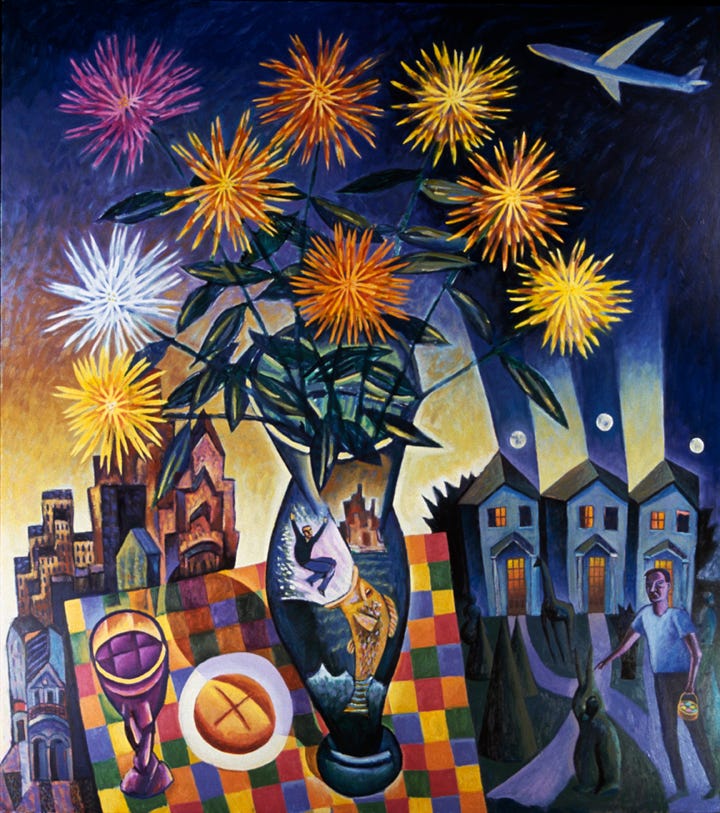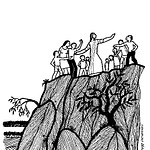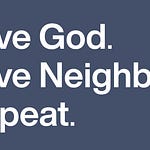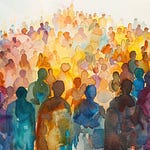In January 2019, I headed to Pine Ridge, South Dakota, to the Pine Ridge Reservation for an intercultural immersion. The Pine Ridge Reservation is home to nearly 20,000 Oglala Lakota residents. Greeted by snow, we began the two-hour journey to the reservation by stopping at several grocery stores and a Walmart to gather supplies for ourselves and the reconciliation center as the government shutdown had put a stop to the government-backed food distribution, which the United States government agreed to after the Lakota people were forced to live on this reservation.
Over the course of two weeks, I learned how the policies and practices of the United States Government led to widespread poverty and hopelessness. Drug and alcohol addiction is widespread. Government-backed food distribution does little to provide the daily nutrition needed for families. Jobs are few and far between, and those that can work do not make enough to make ends meet.
If you have ever wondered what white supremacy, systemic racism, and genocide look like, if you have ever wanted to see what happens when the system is rigged against you because of the color of your skin (underfunded schools, a lack of medical care, and an inadequate food supply all of which are obligations of the United States government because of the Treaty of Fort Laramie signed in 1868), head to Pine Ridge, South Dakota.
One of the conversations we had while sitting in the cold basement of the reconciliation center was about media and entertainment's role in how whites and those outside of the reservation system view indigenous communities. Hollywood has not kindly or accurately depicted indigenous communities in North America (the understatement of the century). Caricatures of non-white communities are common throughout Western cinema.
This is where my time at the reconciliation center became personal.
I remember watching Westerns with both of my grandfathers as a kid. As a young child, I would sit on their lap with a bowl of ice cream and watch Western movies and shows – McClintock, Bonanza, Dances with Wolves, Cahill, Big Jake, True Grit, and more. These are fond memories that I cherish.[i]
Reconciling our memories and experiences with the experience of others, especially those on the receiving end of racism, bigotry, and hatred, is a painful yet necessary experience. Reconciling the memories of my past with the reality of what was staring me in the face – poverty beyond imagination, broken promises, and despair.
The Apostle Paul had a thing or two to say about reconciliation. He wrote to the church in Corinth, "So if anyone is in Christ, there is a new creation: everything old has passed away; see, everything has become new! All this is from God, who reconciled us to himself through Christ and has given us the ministry of reconciliation; that is, in Christ, God was reconciling the world to himself, not counting their trespasses against them, and entrusting the message of reconciliation to us."
God has been and continues to reconcile us to God and one another. I know this sounds backward from the ways of the world, but ever since sin slammed into the world, ever since humanity decided we know best and turned away from God, God has been seeking us out, in body, sacrament, and word, reconciling us to God. It sounds backward because we are told, we tell ourselves, that we can reconcile ourselves to one another. We think we can get ourselves back to the good old days when things were great. Back when Leave it to Beaver was the norm of every household, right? But was it ever that way? If you lived the Leave it to Beaver life, who do you know that could not because of a system that has been rigged against them?
Jemar Tisby, the author of How to Fight Racism and our guide for Lent (it’s not too late to join a study group), invites us to consider how fractured our relationships are with one another and God. He writes, "Reconciliation does not mean returning to a bygone historical era of harmony but rather revising our relationships to more closely match God's functional pattern more closely for human interactions.”[ii]
We discussed our racial identity at our Wednesday Night Bible Study this past week. While each of us is stamped with the Image of God, our experiences with race stamp us with another identity that influences how we interact with those whose skin pigmentation is darker or lighter than ours. Murray Bowen, an American psychiatrist and a professor in psychiatry at Georgetown University, suggests that even the experiences of the generations before us influence how we engage the world today, especially the way we engage in relationships.[iii]
As we shared stories of mothers telling us not to repeat the words our grandfathers used, stories of learning about racial segregation in our hometowns, and how friends were assumed to be someone they were not for no other reason than the color of their skin, the tension and grew, and the group became uncomfortable.
How can we reconcile our past, holding onto memories of people, places, and experiences that have shaped us into who we are?
We can look back on past episodes in our lives, seeing Leave it to Beaver moments, yet, when we broaden our view, we will find that others did not have the same experience, and our positive experience may have come at the expense of another.
So, what are we to do? What is the church to do, knowing that if we widen our view just a bit, moving beyond the idealist histories we all carry, we may not be comfortable with what we find?
As I sat in the basement of the reconciliation center, I began to feel nauseous, a bodily reaction to the emotions racing through my mind.
I looked to my cohort and asked, "so what am I supposed to do with this? My family is full of racists. We're all racist. What am I supposed to do with these memories?"
One of the cultural guides who had been working with us over the past week responded, "What does your faith tell you to do?"
As we move into the work of reconciliation, we in the church have the advantage of not having to figure this out on our own. Our faith tells us that since the beginning of creation, even before God said, "Let us make humankind in our image, according to our likeness,"[iv] God has been drawing creation toward God's self. That is to say that since the beginning, God has been moving closer to creation, even as creation draws away from God. While our disobedience separates us from God, Jemar Tisby writes, "God is not an abstract force but a personal and loving creator who desires a relationship with the women, men, and children created in God's very image."[v]
So, we return to the words of Saint Paul.
"If anyone is in Christ, there is a new creation."
Because we have all been created in God's image, because the grace of God is prevenient, going before us, a love that is ours before we know it or want it, because, through the cross and empty grave, all of creation has been redeemed, and because God has promised never to abandon or forsake creation, this new creation exists in all of us.
All of us, every single person on this planet, whether they or we like it or not, are in Christ Jesus. It has been that way since we were formed in the image of God, and it remains that way when we finish the race and rest in Christ.
"Everything old has passed away; see, everything has become new!"
The difficulties we carry from our past – the things we wish we had not said even if it was OK to say those things back then, the doors we locked while at traffic lights, the streets we crossed to avoid walking past someone, or the people we misidentified because of the nothing more than the color of their skin – were taken to the cross with Christ and buried. The result of this is God reconciling creation to God so that we can become instruments of God's reconciling work.
We have been entrusted with the message of reconciliation. A message of love. A message of hope.
Our difficult conversation on Wednesday Night, along with all of the difficult conversations we need to have to confront white supremacy and systemic racism, is part of us placing our trust in God to be our ultimate reconciler. Tisby reminds us, “When God wanted to reconcile people to himself and to each other, he didn’t send a tweet or a TikTok video; he sent his Son. Christ himself is the paradigm for our reconciliation efforts. God took on a human body.”[vi]
Theologian James Cone wrote, "Hate and white supremacy lead to violence and alienation, while love and the cross lead to nonviolence and reconciliation."[vii] We cannot carry the message of God's reconciling work apart from God. This is why the season of Lent, the season of penitence, repentance, fasting, and prayer, is rooted in spiritual disciplines that are bigger and more cosmic disrupting than abstaining from eating chocolate or taking a break from social media.
So, what are we to do?
Trust in the promises of God. Trust that we have not been left alone to figure this out. Trust that through "self–examination and repentance; prayer, fasting, and self–denial; and reading and meditating on God's Holy Word,"[viii] God has reconciled us, and God is reconciling us. To one another – to those, we hold dear in our memories, those we have unknowingly harmed, those we have knowingly harmed, and those who continue to live with their backs against the wall.
[i] Check out this article from The Atlantic, “How Hollywood Whitewashed the Old West,” to learn more about the role the film industry has played in frontier romanticism - https://www.theatlantic.com/entertainment/archive/2016/10/how-the-west-was-lost/502850/
[ii] Tisby, Jemar. How to Fight Racism. Zondervan. Pg. 89.
[iii] Developed in the 1950s, the theory suggests that individuals and families are interconnected and that the behavior of each individual is influenced by the behavior of others within the system. Bowen believed that family systems have patterns of behavior that can be understood and changed through therapy. families are made up of subsystems, and each subsystem has its own pattern of behavior. The behavior patterns within a family system are shaped by multigenerational patterns, passed down from generation to generation. Bowen believed that these patterns could be understood and altered through the process of differentiation, which involves recognizing and managing emotional reactivity.
[iv] Genesis 1:26
[v] Tisby, Jemar. How to Fight Racism. Zondervan. Pg. 86.
[vi] Ibid.
[vii] Cone, James. The Cross and the Lynching Tree. Pg. 71
[viii] United Methodist Book of Worship, https://www.umcdiscipleship.org/resources/a-service-of-worship-for-ash-wednesday




